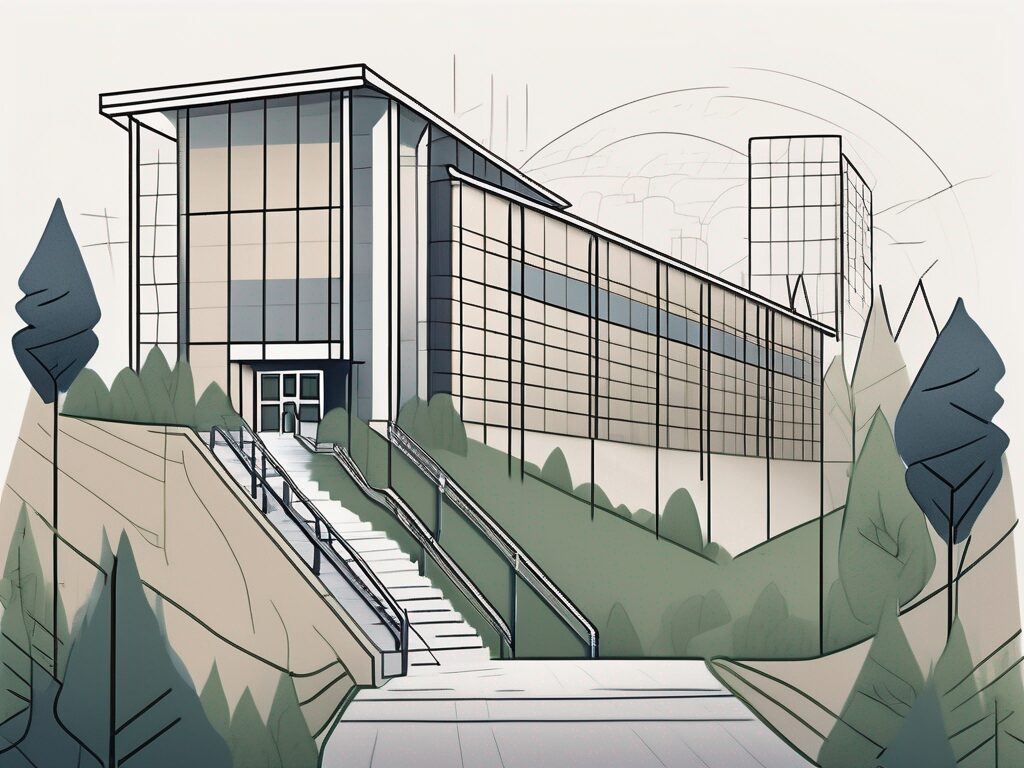South Korea, often hailed as an educational powerhouse, has achieved remarkable progress in expanding access to education since the end of the Korean War. However, despite its impressive academic achievements, the country’s education system is not without its challenges. This article delves into the main barriers to education in South Korea, exploring the societal, economic, and systemic factors that hinder educational progress.
Societal Pressure and Stress
One of the most significant barriers to education in South Korea is the immense societal pressure placed on students. This pressure often leads to high levels of stress, which can negatively impact students’ mental health and overall well-being. The competitive nature of the South Korean education system, where success is often measured by university entrance exam scores, exacerbates this pressure.
Students are expected to excel academically, often at the expense of their personal interests and hobbies. This pressure-cooker environment can lead to burnout and a lack of motivation, creating a significant barrier to effective learning. It’s akin to running a marathon at a sprinter’s pace – eventually, something has to give.
High Suicide Rates Among Students
Unfortunately, the high-stress environment has led to South Korea having one of the highest suicide rates among students in the world. The pressure to perform academically is so intense that some students see no other way out, highlighting the urgent need for mental health support in schools.
For comparison, the suicide rate among students in the UK is significantly lower. This stark contrast underscores the severity of the issue in South Korea and the need for immediate action to address it.
Economic Barriers
Another significant barrier to education in South Korea is the high cost of private education. Many parents feel compelled to send their children to private academies, known as hagwons, to supplement their regular schooling. These academies are expensive, and the financial burden can be substantial for families.
It’s a bit like having to pay twice for education – once for the public schooling through taxes, and again for the private tutoring. This double burden can create a significant economic barrier for lower-income families, potentially widening the educational gap between different socio-economic groups.
The Hagwon System
The hagwon system, while offering additional learning opportunities, can exacerbate educational inequalities. Students from wealthier families can afford more extensive hagwon education, giving them an advantage over their less affluent peers. This situation is somewhat reminiscent of the private tutoring industry in the UK, where wealthier families can afford additional educational support for their children.
However, in South Korea, the reliance on hagwons is much more prevalent, making it a more significant barrier to equal education opportunities.
Curriculum and Teaching Methods
The South Korean education system’s curriculum and teaching methods can also pose barriers to effective learning. The focus on rote memorization and high-stakes testing can stifle creativity and critical thinking, skills that are increasingly important in the 21st century.
Imagine trying to paint a masterpiece but only being allowed to use one colour. That’s what it can feel like for students in a system that prioritises memorisation over creativity. This approach can limit students’ ability to think outside the box and solve complex problems.
Lack of Diversity in Education
Furthermore, the lack of diversity in the curriculum can be a barrier to education. The strong emphasis on subjects like Maths and Science often leaves little room for subjects like Art, Music, and Social Studies. This lack of diversity can hinder the holistic development of students, limiting their exposure to a wide range of disciplines.
It’s like having a diet that only includes one type of food – it might sustain you, but it’s not going to be particularly healthy or enjoyable. Similarly, an education system that lacks diversity can fail to nurture well-rounded individuals.
In conclusion, while South Korea’s education system has many strengths, it also faces significant barriers. Addressing these issues will require a concerted effort from all stakeholders, including government, educators, parents, and students themselves. By tackling these barriers head-on, South Korea can ensure that its education system continues to evolve and adapt to the needs of its students.
Empower Your Teaching Career with IPGCE
As we navigate the complexities of South Korea’s education system, it’s clear that educators need robust support to overcome the barriers outlined. IPGCE is dedicated to empowering teachers with the qualifications and skills necessary to thrive in international schools. By joining the UK’s #1 Teacher Training Course, you’ll enhance your credentials, increase your chances for career advancement, and connect with a global professional community. With our flexible online study options, you can balance professional development with your existing commitments. Don’t let inadequate qualifications or limited opportunities hold you back. Join the UK’s #1 Teacher Training Course today and take a significant step towards a more inclusive and diverse educational future.

